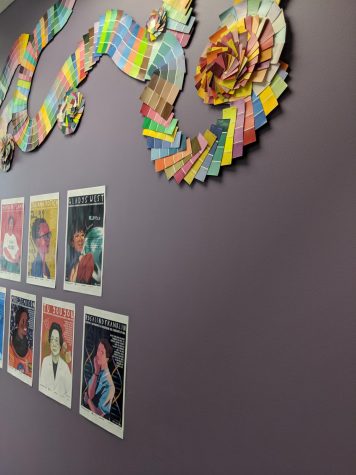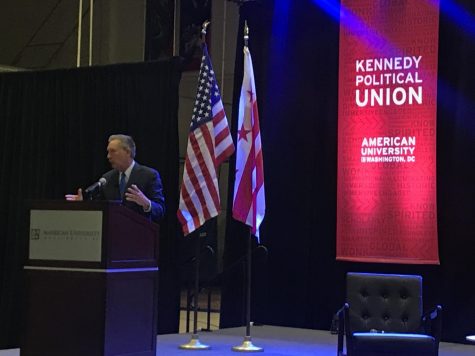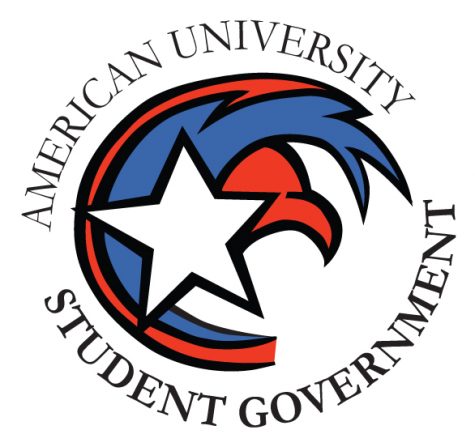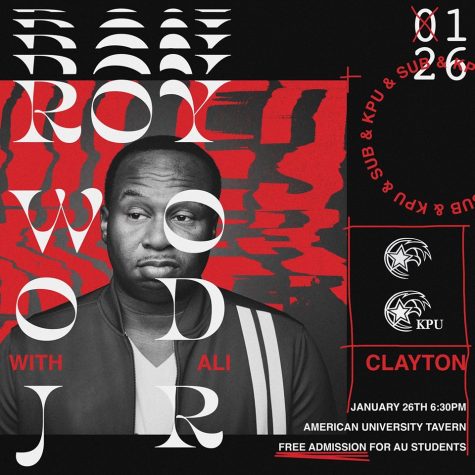When Will DC Become a State?: The 51st Star
Emblazoned across the bottom of all District of Columbia license plates are the words “Taxation without Representation.” Even today, the phrase has a degree of truth to it. In a nation that prides itself on democracy and equal representation for all, the capital of the United States actually has very little actual representation in the federal government or autonomy as a district.
This discrepancy is largely due to the District’s status as a federal district rather than a state. In practical terms, this means that there is no state government in the District. All matters normally dealt with by the state—such as the court system, local legislation, and budget—are handled instead by the federal government. It also means that residents of the District do not have any representation in Congress beyond a single non-voting representative, although the 23rd Amendment to the Constitution did guarantee them the right to vote in presidential elections in 1961.
The unusual status of our nation’s capital has proven a contentious issue for years. Dr. Martin Luther King, Jr. marched for home rule in the 1960s, and in the 1980s, the District held a constitutional convention of its own, drafting a constitution and deciding to elect a shadow delegation to Congress.
A shadow delegation is created when a territory seeking admission to the Union as a state elects two Senators and a Representative who are then sent to Congress to lobby for statehood. In addition, the District has been granted a non-voting Congressperson, who functions as any other Congressperson, but without the power to vote on legislation. Today, Representative Franklin Garcia, Senator Michael Brown and Senator Paul Strauss make up the DC shadow delegation, while Congresswoman Eleanor Holmes Norton is the nonvoting representative, functioning largely as a legislator from within Congress while the shadow delegation lobbies for statehood outside it.
Proponents of DC statehood view the issue as a civil rights issue. As Norton said, as long as “there’s one part of the country, the part you would least expect, that has to submit its budget to Congress, has to submit every piece of legislation and get it held over and see if Congress wants to overturn it, we are essentially treated as a colony.”
According to Garcia, statehood is “the one way that the citizens of DC would be equal to citizens of all the states.”
The reason that more people are not up in arms about statehood as a civil rights issue is a matter of priorities, according to Brown.
“When it comes to other civil rights struggles—when Michael Brown gets killed in Ferguson—African Americans all across America feel that pain,” Brown said. “But when it comes to DC not having a vote, we’re the only ones that don’t have a vote. We need to make other people see our pain. But we don’t.”
As passionately as supporters stand for it, DC statehood remains a deeply divisive issue sharply defined by party lines. The District has been and likely will continue to be staunchly liberal in its political affiliations for the foreseeable future. There has never been a republican mayor, nor has the District ever voted republican in a federal election. The Democratic Party as a whole is strongly in support of DC statehood, while the Republican Party is just as firmly opposed.
“If we become a state, we’ll get two democratic senators and a voting democratic congressman in perpetuity, and so the republicans stand against us,” Brown said.
Garcia sees the problem as a moral one.
“It’s a more partisan issue than it ought to be, because they’re playing with people’s democracy, and that’s simply wrong,” he said.
In recent years, the push for DC statehood has heated up. In 2007, the District partnered with Utah in a nearly successful bipartisan attempt to gain voting rights for itself and another representative for Utah, according to Norton.
“It’s a more partisan issue than it ought to be, because they’re playing with people’s democracy, and that’s simply wrong.”
However, she said lobbyists for the NRA “attached an amendment that required the elimination of all of DC’s gun laws,” and the bill ultimately failed.
“That’s not the kind of bargain that any jurisdiction can possibly make,” she said.
The current centerpiece of the DC statehood movement is a bill called the New Columbia Admission Act (NCAA), which has been introduced year-after-year by proponents of statehood. The NCAA seeks to downsize the District to primarily federal land, while the rest, including residential areas, would be admitted to the Union as the state of New Columbia. During the 2015 legislative session, a Senate hearing was held for the bill, which had a record 126 co-sponsors, with not a single republican among them.
With DC statehood in the public eye more than ever before, the question remains as to the movement’s next steps. Educating the public is top priority for Brown.
“We need to be able to go out to Ohio and say, ‘We have over 30 Congressional Medal of Honor winners from the District. We have 200,000 people who have served in wartime. We’ve lost over 2,000 of them. And we deserve the same rights that everyone else in America has.’”
Norton also believes that the push for statehood needs to come from the people as much as from elected officials.
“I think residents accept the notion that it’s really up to them,” she said. “Congress never gives anyone anything. Congress responds to democratic—’small d’—pressure.” For Norton, residents of the District have the cards stacked against them.
“It’s hard to keep up pressure for 200 years. We may be the longest in history to get our rights.”






